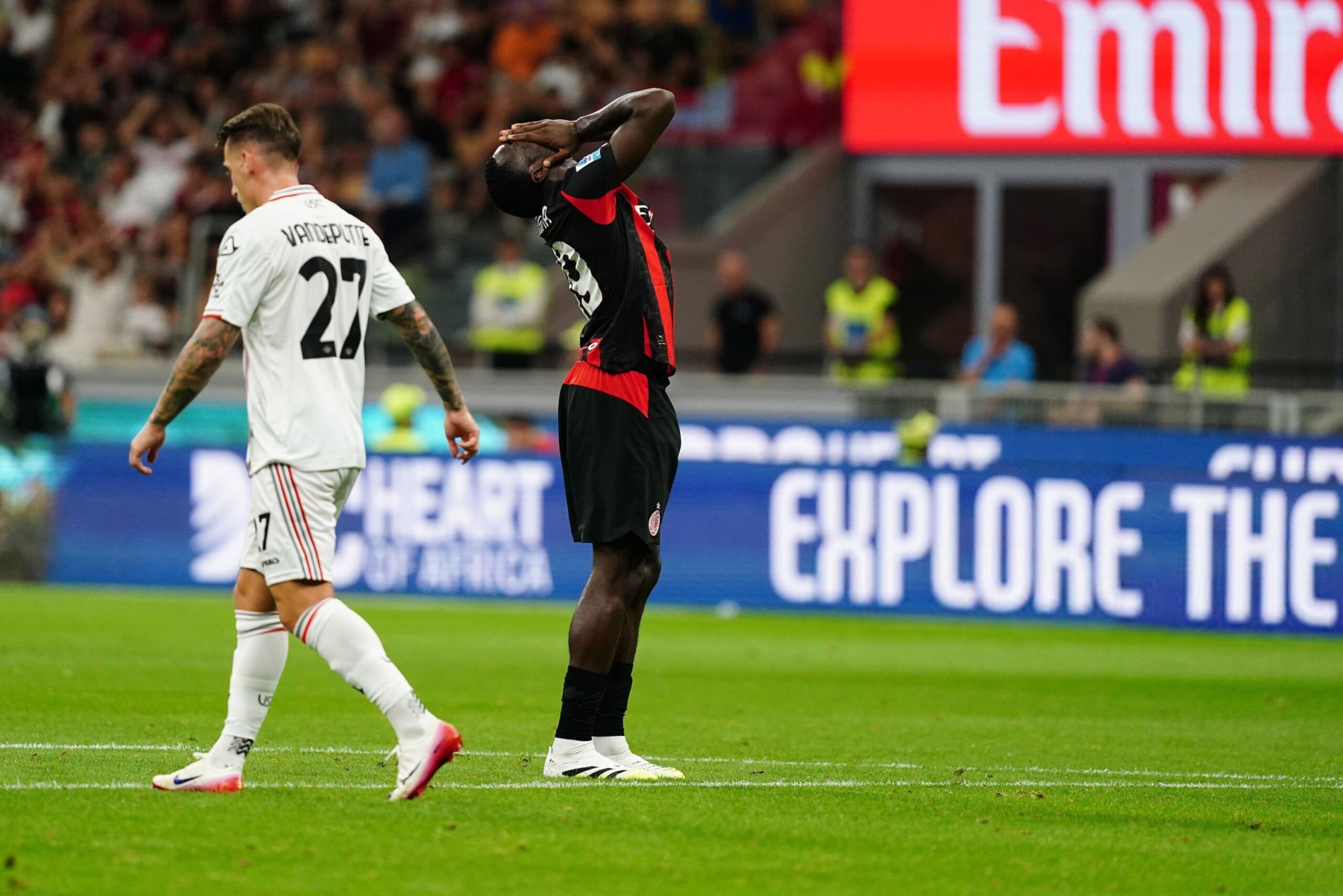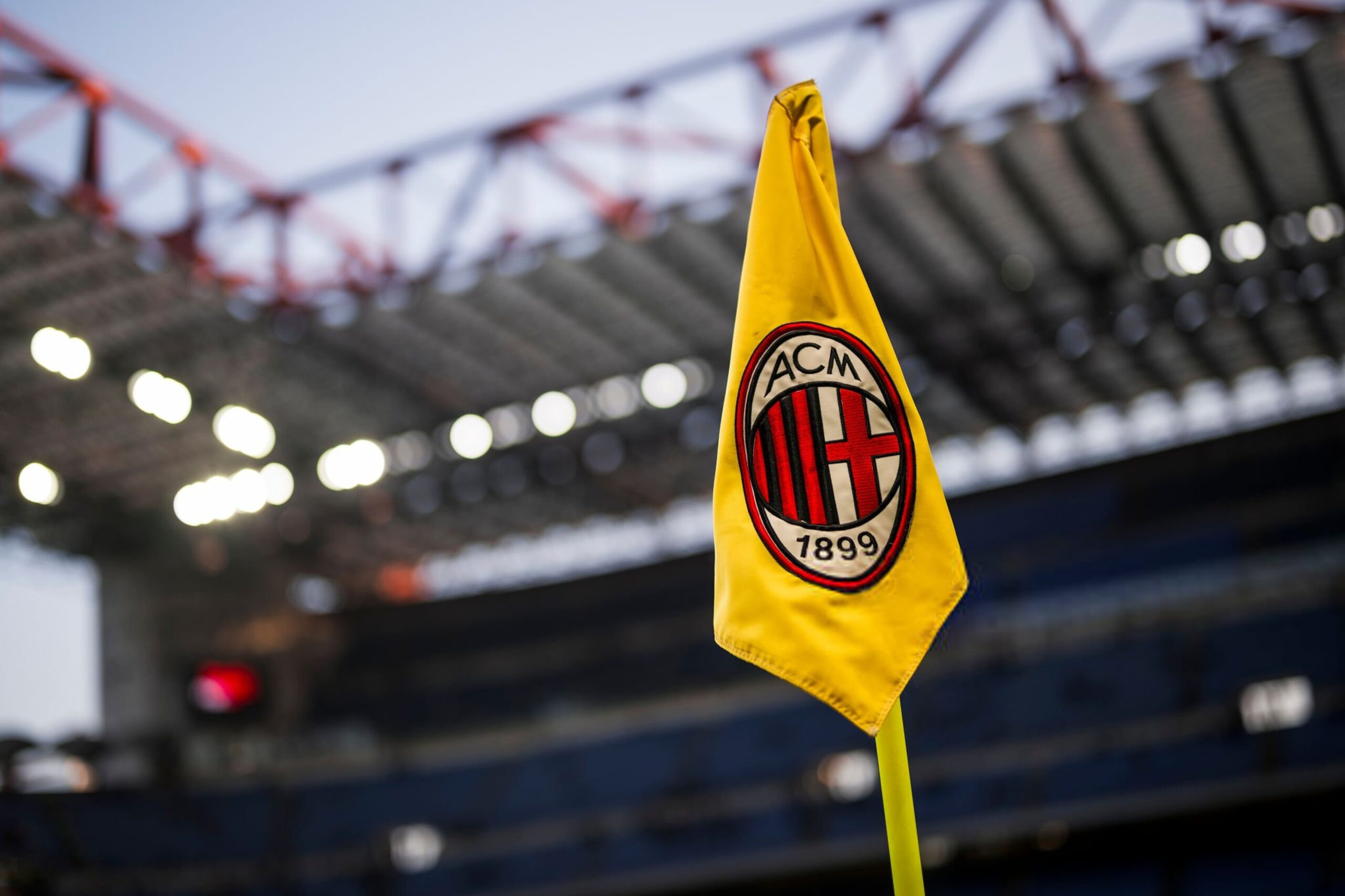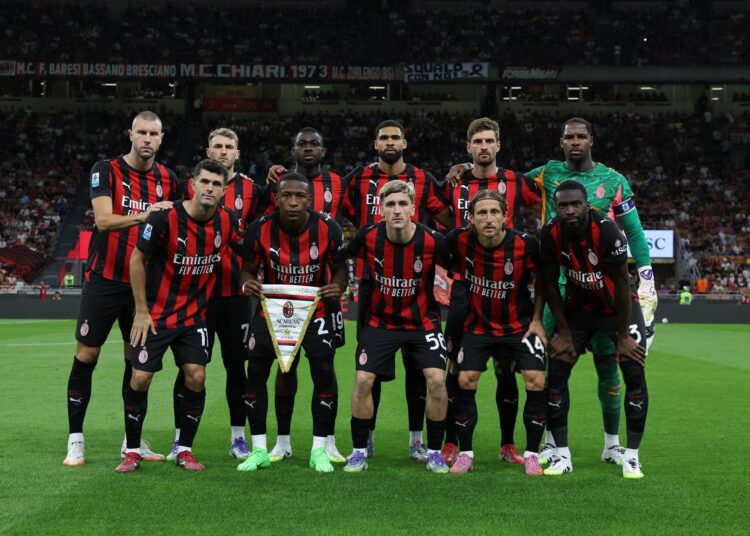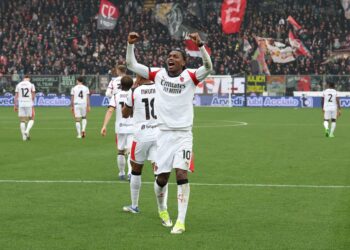The question is: would the same thing have happened if Milan had won, even by chance, against Cremonese? History is not made with “ifs” and “buts,” but the Rossoneri’s current situation is so unstable that even the smallest result can sway the mood of the fans and the club environment, both outside and inside.

After a seemingly calm summer, in which trust appeared to be returning, the first heavy defeat of the season sent the team plunging back into hell. It took so little to cast shadows over the new campaign and to lift the lid on a Pandora’s box of conflicting internal visions and strategies. A bittersweet (so to speak) leitmotif that has followed the club for years and continues to be the factor that most defines it in the eyes of insiders and outsiders alike.
It is right, however, to separate two aspects: the sporting side and the management side. Objection: they go hand in hand. Objection sustained, with reservations. The problems on the pitch that emerged on matchday one should not be ignored, especially with the transfer market still open and potentially helpful. The flaws in the coach’s decisions and in the squad must also not be hidden.
At the same time, what happened must not be exaggerated by pretending to predict the future. Here two perspectives collide: the fan, who can allow himself to make predictions because he is guided by emotions and feelings; and the journalist, who ought to recount reality, draw insights from it but not conclusions, and comment on events as they unfold.
What we saw against Cremonese was a Milan struggling to attack a compact and organized opponent. It was a Milan that conceded little, yet often got punished to the fullest. It was a Milan that struggled to react after Bonazzoli’s strike.
Will it always be like this for Milan?
We cannot know, the sample size of matches is too small and the variables too many to allow such a prediction.
From the club’s perspective, the match against Cremonese, or the one against Bari, or the one against Lecce to come, should never have been decisive in shaping a particular line of reasoning. That a striker was a summer priority was obvious, evidenced by two facts: Santiago Gimenez had come off a complicated six months, and he would only begin pre-season training in early August. That alone was enough to understand how crucial it was to secure a reinforcement in good time, not on August 27, 28, 29, or 30.
The Cremonese match, or Bari or Lecce, should never have been the trigger for a meticulous fixation by part of the board on the financial accounts. The results of recent years are plain to see, as are the strategies pursued: was another bitter disappointment really necessary to understand the club’s true intentions? To lift the lid on Pandora’s box, Cremonese was not needed, that much is certain.
Source: Milan Press
















